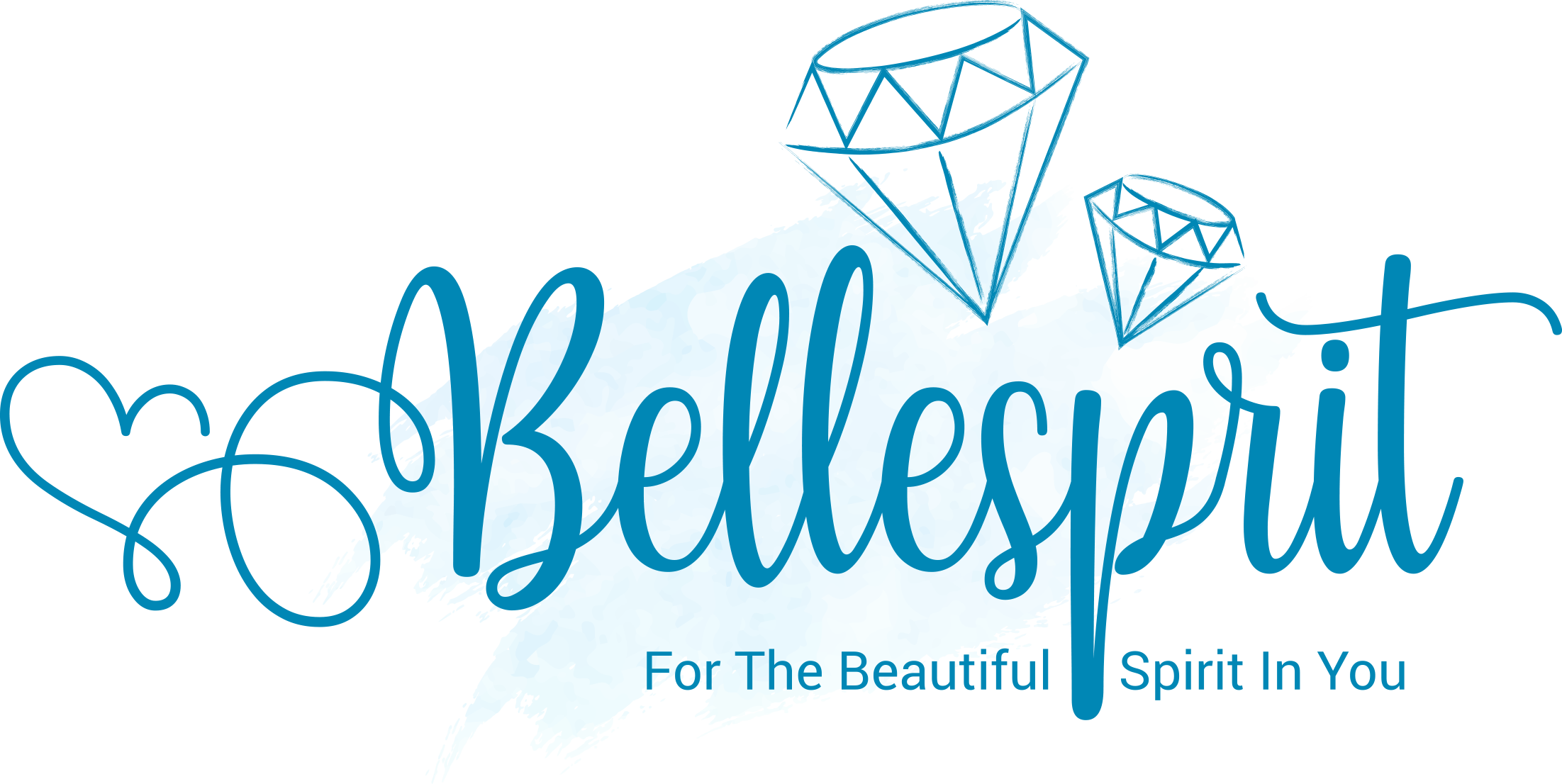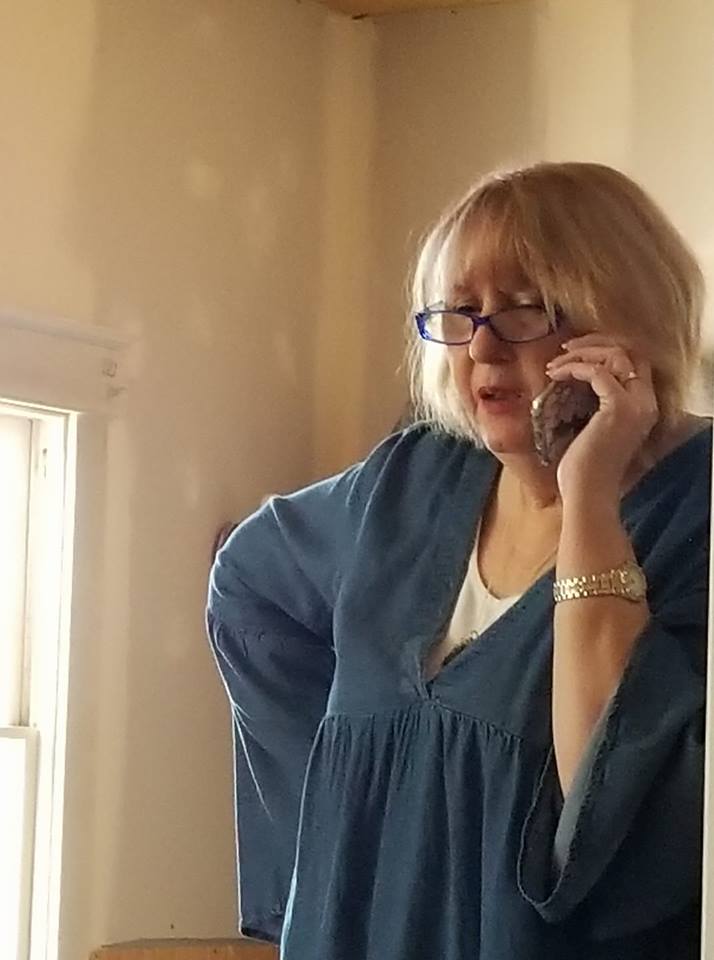Sandra Smith shares valuable information about sunscreen, skin care and lavender essential oil
Sunscreen Need-to-Know Facts
- Sunscreen does not last all day. After you apply a sunscreen. Its ability to protect you from the sun only lasts for about two hours. So, to be adequately protected from sunburn, skin cancer, and aging, including discolorations, you need to reapply sunscreen every two hours.
- Apply sunscreen on days that you are not going to be sitting in the sun. Many people think that they only “get sun” when they are at the pool or beach. Actually, sunscreen must be applied every day that you leave your home to protect your skin. We now realize that there is much sun exposure just from driving your car or walking down the street.
- Many Americans simply don’t use sunscreen. A recent study found that only 14 percent of men and 30 percent of women regularly applied sunscreen when out in the sun for an hour. Don’t be one of those people!
- Spray sunscreen is potentially flammable. When applying sunscreen spray, stay away from flames (i.e. your barbecue grill), because it has the potential to be flammable. Another hazard with spray sunscreen is that you can skip areas due to uneven spray application so make sure that you have not missed any areas.
- If your mineral makeup or powder contains an SPF, you still need to apply a separate SPF. Mineral makeup and powders do not provide an even film over the face, so you protection from the sun is uneven.
According to a recent report by NBC Nightly News, the EWG (Environmental Working Group) is asking the FDA to set standards for sunscreen ingredients. They tested 750 products and found that none of them were effective in protecting with an SPF for both UVA and UVB rays. UVA has become as harmful as UVB. They concluded that the most protection came from products that contain mexoryl or avobenxone with an SPF from 15-30+. You can go to the website for EWG
www.ewg.org for a list of sunscreens that they recommend.
Skin Care Tips
- Moisturize with topical retinoids.
- Use honey on dry, cracked lips.
- Prevent scars and stretch marks from darkening by using a thick layer of sunscreen.
- Apply scar cream at night.
- Keep spray hair products off your face to prevent irritation and possible breakouts by covering with a towel first.
- Wear UV sunglasses to prevent crow’s feet from squinting.
- Reduce stress to protect skin; pamper yourself with facials regularly.
- Add some milk and honey to your bath for soft skin.
- Exercise for a healthy glow.
- Use skin toner to balance the ph.
- Keep your skin hydrated with products containing hyaluronic acid.
- Don’t over-moisturize. It can cause dead skin cells to become trapped causing white spots (milia).
- Try a lotion with alpha or beta hydroxy acids to dissolve skin bumps.
- Rub lemon on your face to brighten your skin.
- Keep makeup brushes clean to prevent breakouts.
- If you have sensitive skin, test new products on your wrists for 24-hours before applying to your body.
- Avoid SD-40 (isopropyl alcohol) if you have acne-prone or sensitive skin.
- Use eye cream on your nasal labial fold (the ‘11’ line between your eyes).
- Always wear a sunscreen with an SPF of preferably a minimum of 30.
- Dry brush your skin in a circular motion weekly to improve circulation followed by a creamy moisturizer to seal in the moisture.
- Use Witch Hazel as a natural skin-tightening astringent.
- Apply preventive care product around your eyes to decrease signs of aging.
- Eat a healthy diet.
- Use pore strips weekly to keep pores clean and to avoid picking and squeezing,
- Don’t sleep with makeup on.
- Be well rested.
- Drink plenty of water.
- Don’t smoke.
- Always check the ingredients in products to make safe choices.
- Don’t use tanning beds.
Lavender Essential Oil (Lavendula Angustifolia)
If you are just starting out with essential oils this the one oil that you want to have since it is the most versatile of all essential oils. Lavender is one of the most gentle and widely used oils in aromatherapy. It is very relaxing.
Aroma therapy was created by French chemist, Rene ‘Maurice Gattefosse,’ in the early 1900s. He became known as the poster child for lavender essential oil and made his discovery of the healing benefits after using it on gangrene that had developed from a burn.
It can be confusing deciding which of the different versions of lavender essential oil is right for you.
Bulgarian Lavender is high in
Linalool and
Linalyl acetate – two naturally occurring constituents which are known for having many therapeutic properties. It actually has a subtle woody, floral aroma. This version of lavender is often used for anti-inflammatory, calming, headache relief, immune support, sedative, and skin healing properties. Yes, skin healing properties! Some say it also works for repelling mosquitos.
French Lavender shares many of the same qualities as Bulgarian, yet it is much lighter and higher in
Linalyl acetate and has less percentage of
Linalool. How is that beneficial to you? It is more aggressive in treating inflammation, zapping bacteria, and relieving pain. The aroma is more intense with some balsamic undertones.
Spike Lavender has a stand-alone quality with constituents that are similar to oils such as Eucalyptus, Peppermint, and Ravintsara. Spike Lavender is used for coughs, congestion, and to promote better breathing as well as for uses of other Lavenders. The aroma includes a sharp medicinal, and a camphoraceous aroma of Eucalyptus.
Contraindications for using Lavender Essential Oil – Do not ingest without medical consultation, keep away from eyes and mucous membranes. Do not use if pregnant or use on infants. As with any essential oil, be sure to choose quality oils. Do some research for yourself before buying.
Sandi’s Skin Care Q&A
Q: Does tattoo removal cream really work?
A: There’s no evidence that tattoo removal creams work. They might fade or lighten a tattoo, however, the tattoo will remain visible, and skin irritation and other reactions are possible.
Q: What is Latisse and does it really work to make eyelashes longer and thicker?
A: The medication bimatoprost — marketed under the brand name Latisse — is approved by the Food and Drug Administration (FDA) to treat inadequate eyelashes (hypotrichosis). Bimatoprost is also marketed under the brand name Lumigan, which is used in prescription eye drops to treat glaucoma. Eyelash growth was actually an unexpected side effect of Lumigan, which led to the creation and marketing of Latisse.
Yes, with regular applications along the lash line of the upper eyelid, Latisse gradually encourages growth of longer, thicker and darker eyelashes as long as you continue to use the medication. When you stop using Latisse, your eyelashes will eventually return to their original appearance. This is a prescription medication and does come with some potential side effects.
Q: Is it true that shaving unwanted body hair makes it grow back thicker and darker?
A: No — shaving hair doesn’t change its thickness, color or rate of growth. Shaving facial or body hair gives the hair a blunt tip. The tip might feel coarse or “stubbly” for a time as it grows out. During this phase, the hair might be more noticeable and perhaps appear darker or thicker — but it’s not.
Q: What it is: Microneedling?
A: Microneedling (also known as derma rolling) is the latest fad in skin care. It involves taking a small paint-roller-looking device embedded with hundreds of tiny needles and rolling it across your face and neck to create microscopic holes in your skin to stimulate new collagen growth. The needles are very small (0.2 mm or less) and feel slightly prickly. Once a week, after washing and toning your face, gently roll the tool over your skin in horizontal, vertical and diagonal patterns as instructed. Start at your forehead and work your way down to your neck and décolleté. The needle pricks send your skin into “repair mode,” which stimulates the growth of new collagen (much like pricier laser treatments do) and helps fade the appearance of acne scars, sunspots and fine lines. While the small needles won’t do much for deeper scars, they can help with some of the surface-level ones, which will even out your overall tone and texture. But mostly the tiny holes allow for deeper absorption of your serums and creams.
Q: My son has acne with some deep scarring. I would like to know which shaver would be best for him to use and is there a special technique that he should use?
A: It is advisable for him to shave lightly over acne-affected areas, and try not to drag his razor to nick any pimples. An electric or safety razor may be less irritating than a traditional blade. Whatever type he uses, make sure it’s sharp. He should always shave in the direction of hair growth and after a shower, when hair is softened. It’s best to avoid shaving when your skin is super inflamed. And if your skin is dry and irritated, you’ll want to skip the aftershave as well.
Views:]]>



